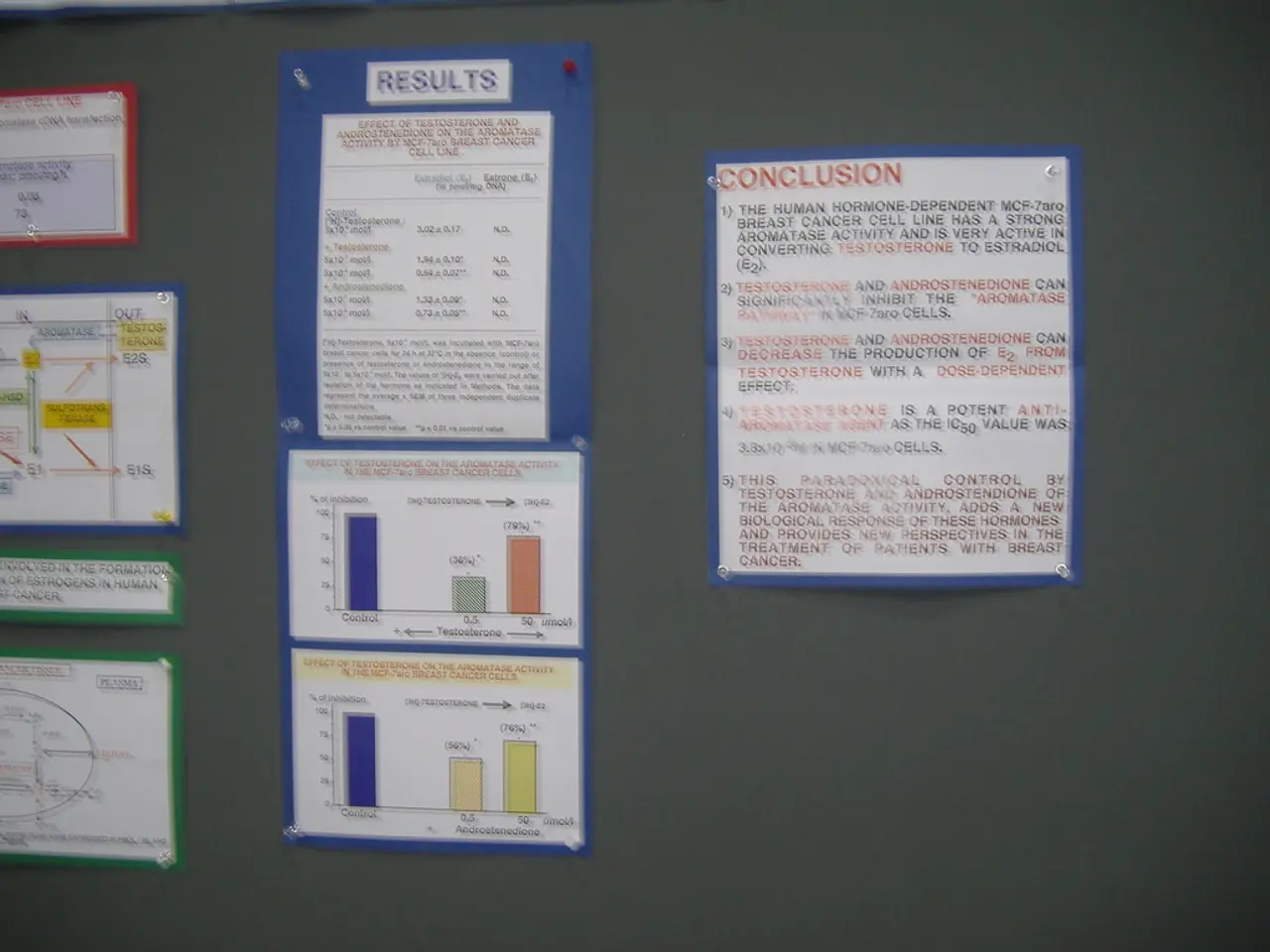Audit Court Pushes for Government's Austerity Plan - Left Advocates for Inheritance Tax Reform - Government Administrators Propose Fiscal Austerity Measures - Political Left Advocates Inheritance Tax Reform
The federal government's plans to accumulate over 850 billion euros in new debt from 2025 to 2029 have raised concerns among financial watchdogs and political parties. The Audit Office, in a recent paper, has warned against relying on future economic development to solve structural budget problems.
According to the Audit Office, setting priorities, questioning subsidies, and prioritizing investments over consumptive expenditure are crucial. However, these aspects are not explicitly mentioned in the current government's budget plans.
Dietmar Bartsch, a prominent politician from the Left Party, has criticized the government's budget, particularly the significant portion of the new debt intended for armament expenditure totaling 600 billion euros by the end of the decade. He argues that this spending is unsustainable and contributes to the financial distress.
Bartsch has also suggested reforming the inheritance tax as part of the government's austerity package. If implemented, this reform could generate revenues estimated at 80 to 120 billion euros per year, aiming to end privileges for very large inheritances and close loopholes favoring the ultra-wealthy.
The SPD (Social Democratic Party of Germany), led by Generalsecretary Tim Klüssendorf, has also proposed similar reforms as part of their austerity measures. They believe that such reforms could help generate significant revenues and contribute to the government's financial stability.
The Audit Office has called for the federal government to implement sustainable savings to finance its core state tasks. They have expressed concerns that new debts reduce the pressure for reform and encourage the postponement of 'urgently and unavoidably necessary measures.'
Next week, the 2026 budget and the financial planning until 2029 will be discussed in the Bundestag for the first time. Finance Minister Lars Klingbeil is planning to take on more than 170 billion euros in new debt next year. Critics argue that financing almost every third euro 'on credit' in 2026 is not a sign of a solid financial economy.
Bartsch has called for corrections on the revenue side, suggesting a reform of the inheritance tax linked to high tax-free allowances. He argues that if wealth in Germany were taxed like in France, Britain, or the USA, 80 to 120 billion euros could be collected more per year.
The Left Party and the SPD are not the only ones voicing concerns. The Audit Office's paper emphasizes the need for financial prudence, and the AFP has reported that the budget debate is likely to be heated in the coming weeks. The 2026 budget and the financial planning until 2029 will be a critical test of the government's financial management skills.
Read also:
- President von der Leyen's address at the Fourth Renewable Hydrogen Summit, delivered remotely
- Unveiling Innovation in Propulsion: A Deep Dive into the Advantages and Obstacles of Magnetic Engines
- Intensified farm machinery emissions posing challenges to China's net-zero targets
- EU Fuel Ban Alerts Mercedes Boss of Potential Crisis




